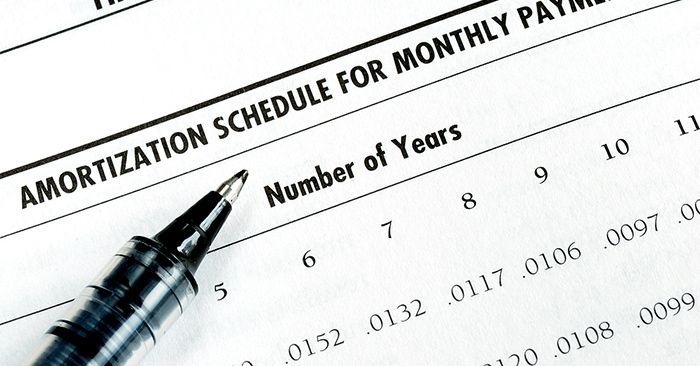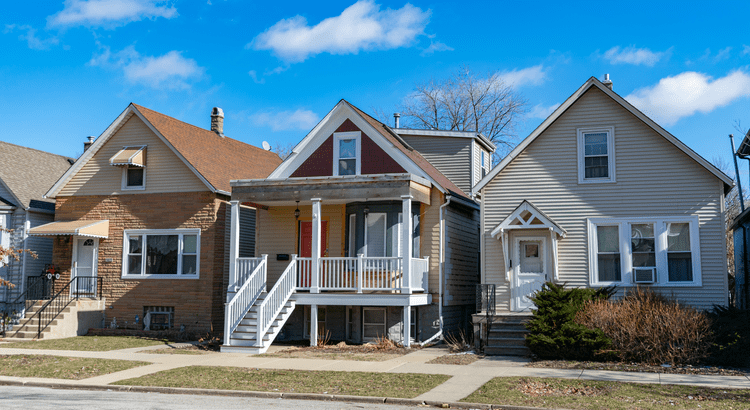Is Living in an HOA Right for You? Take This Quiz to Find Out!

If you’re thinking about moving, you might want to dedicate some of that thought to how you feel about buying a place in a homeowners’ association (HOA). They’re becoming more and more common, so there’s a good chance the house of your dreams may be smack dab in the middle of one.
Love them or hate them, HOAs come with rules, fees, and a unique lifestyle that isn’t for everyone.
Take this quiz to see if HOA living is your perfect match or a recipe for frustration!
The Rules:
For each question, pick the answer that best describes you and note the point value. At the end, total up your score and check your results!
1) How do you feel about uniformity in a neighborhood?
- I love it! Matching mailboxes and identical landscaping bring me peace. (+10)
- I don’t care what my neighbors do. (Within reason, of course…) (+5)
- I’m considering a pink front door and a flock of yard flamingos. (+1)
2) How do you feel about paying HOA maintenance fees?
- It’s worth every penny to not have to do yard work. (+10)
- I don’t love the extra cost, but I’ll enjoy having less to worry about. (+5)
- I can either do things myself, or hire someone to do it for less money. (+1)
3) Your neighbor’s holiday lights are still up (but not lit) in June. How do you react?
- Wouldn’t happen. I’d have the HOA on speed dial and call on January 1st. (+10)
- As long as they’re not being lit, I’ll survive. (+5)
- Sounds like my kind of people! (+1)
4) You want to put up a basketball hoop in your driveway. What do you do?
- Check the rules and get written approval before even buying a basketball. (+10)
- Put it up and deal with the HOA if they say something. (+5)
- Install it and paint a three-point line on the street while I’m at it. (+1)
5) Your HOA sends you a violation notice because your trash cans were left out an hour too long. Your response?
- Apologize and pay a fine, even if they didn’t fine you. Rules are rules. (+10)
- Grumble but move them and appreciate the fact that they didn’t fine me. (+5)
- Throw some leftover fish in the can and leave them out longer out of spite. (+1)
6) How do you feel about community events, like chili cook-offs and movie nights?
- Can we make it a weekly event?! (+10)
- Might go, might not. Depends on my mood. (+5)
- Hard pass. I barely want to see them walking out to their car in the morning. (+1)
7) What’s your ideal approach to home improvement?
- Submit plans to the HOA, wait for approval, then proceed carefully. (+10)
- If it’s outside, I’ll check the rules first. Inside is none of their business. (+5)
- I barely want to file permits with the building department in town. (+1)
8) You have too much junk in your garage and want to park your car in the street overnight. Thoughts?
- Garages are for cars, not junk. Would never be an issue for me. (+10)
- It’s just for a night or two, so I’ll just do it and hope I don’t get fined. (+5)
- They’re lucky I don’t just park it on my front lawn. (+1)
9) How do you feel about security patrols and gated entrances?
- Love it! It keeps me and all of my neighbors safe. (+10)
- It’s fine, but I don’t need it. I could just get a security system installed. (+5)
- My friends shouldn’t need a background check to visit me. (+1)
10) How do you feel about neighborhood meetings?
- I’ll attend every one and take detailed notes. (+10)
- If I have time, I’ll go. If not, oh well. (+5)
- I avoid them at all costs. I’m probably a topic on their agenda. (+1)
Your Results:
80-100 points:
You were born for HOA life! You love structure, rules, and well-maintained neighborhoods. Enjoy your perfectly manicured community and don’t forget to remind your neighbor that their lawn is exactly 0.2 inches too long.
40-79 points:
You could live in an HOA, but it wouldn’t be your dream. Some rules make sense, but others might test your patience. As long as the benefits outweigh the annoyances, you’ll survive.
10-39 points:
You and an HOA would mix about as well as oil and water. The idea of asking permission to paint your shutters makes your skin crawl, and you’d rather be fined than conform. A neighborhood with no HOA (or an underground resistance movement) is more your speed.
Share this post




